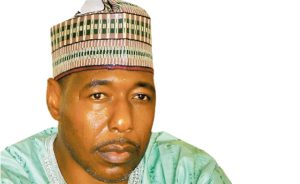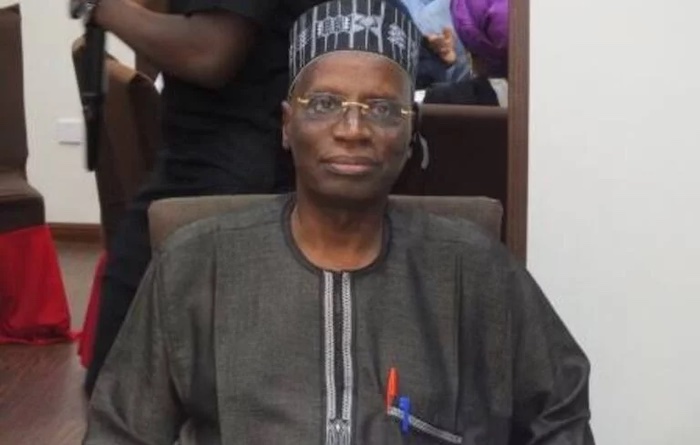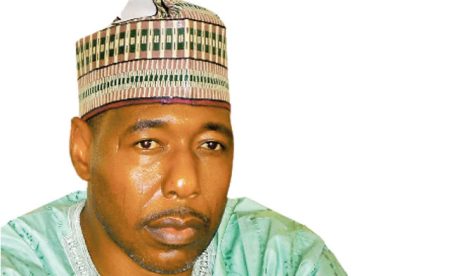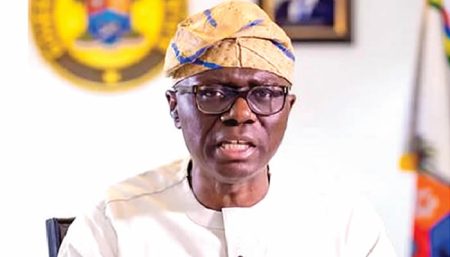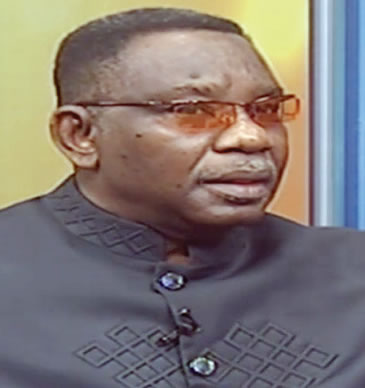The decay of the social contract between the Nigerian state and its citizens has become a pressing concern, according to Dr. Shamsuddeen Usman, a former Minister of National Planning. This breakdown is characterized by a stark disconnect between the political elite and the welfare of the common man. While Nigeria has successfully navigated 26 years of democratic transitions, solidifying the formal structures of governance, the core principles – integrity, accountability, and citizen participation – remain conspicuously absent. This deficiency renders the system ineffective and perpetuates a cycle of distrust and neglect. The focus of political leaders has shifted inwards, prioritizing self-interest over the provision of essential services and the security of the populace.
Usman highlights the crucial elements of a functional social contract, where the government provides security, education, and healthcare in exchange for citizens’ taxes and civic responsibility. This reciprocal arrangement, however, has eroded in Nigeria, leaving the citizenry marginalized and disenfranchised. While acknowledging certain democratic milestones, such as the resistance against the “third term” agenda, the ability to navigate internal governmental crises, and the peaceful transfer of power in 2015, Usman stresses that these achievements ring hollow without the necessary focus on the well-being of the citizens. The prevailing political landscape prioritizes the interests of politicians over the fundamental needs of the people, thereby hindering any meaningful development.
The absence of law and order further exacerbates the situation, creating an environment where impunity thrives. High-profile corruption and political scandals remain unresolved, undermining the fundamental principles of justice and accountability. The lack of consequences for wrongdoing erodes public trust and reinforces the perception that those in power are above the law. This erosion of faith in the system fuels a cycle of apathy and disengagement, hindering the collective pursuit of national development. Usman emphasizes that economic progress is predicated on the existence of peace and the rule of law, both of which are currently lacking in Nigeria.
Restoring the broken social contract is therefore paramount. Rebuilding trust between citizens and leaders requires a fundamental shift in attitudes and behavior. Leaders must prioritize the welfare of the people, demonstrating integrity and accountability in their actions. Concurrently, citizens must hold their leaders accountable, actively participating in the political process and demanding transparency and responsiveness. This renewed sense of mutual responsibility is essential for breaking the cycle of distrust and fostering an environment conducive to sustainable development. Without this fundamental shift, Nigeria risks perpetuating a cycle of stagnation and disillusionment.
The Kaduna State Governor, Uba Sani, echoed these sentiments, emphasizing the need for attitudinal change as a prerequisite for true progress. He highlighted the alignment of the Hamilton Project’s message of responsibility with Kaduna’s reform agenda. Sani stressed that development is not solely about financial management and resource allocation but is deeply intertwined with the values and actions of both leaders and citizens. The governor’s remarks underscore the importance of a collective commitment to excellence and a shared responsibility for shaping Nigeria’s destiny.
Other panelists at the dialogue reinforced the call for stronger leadership and greater citizen engagement. Dr. Habiba Lawal, former Special Adviser to President Buhari, emphasized the need for transparent and courageous leadership willing to make tough decisions for the nation’s long-term good. She underscored the importance of citizen participation in holding leaders accountable. Professor Maryam Abdu, a pioneer Professor of Finance at Kaduna State University, linked the absence of integrity at the leadership level to the pervasive culture of corruption, eroding societal values. From the private sector, Ishaya Idi, President of the Kaduna Chamber of Commerce, highlighted the crucial role of visionary leadership and planning in maximizing the impact of citizen efforts and business initiatives. The consensus reached at the Kaduna dialogue underscores the urgency of repairing the fractured relationship between leaders and citizens as a foundational step towards achieving meaningful and sustainable development in Nigeria.


